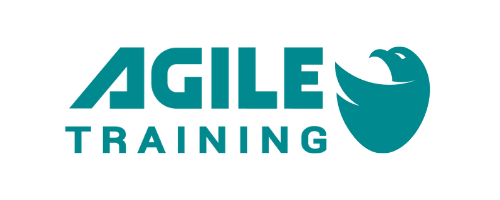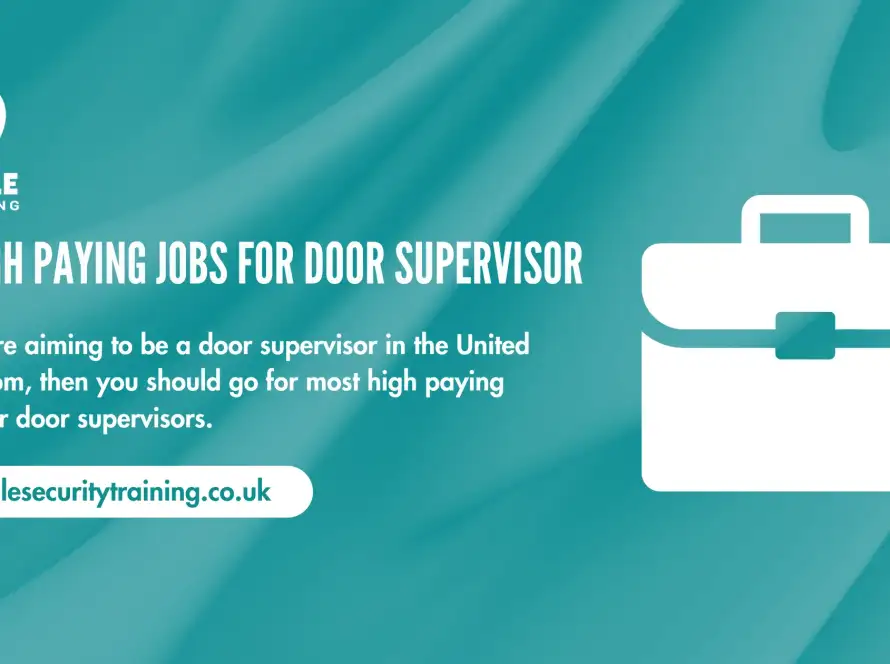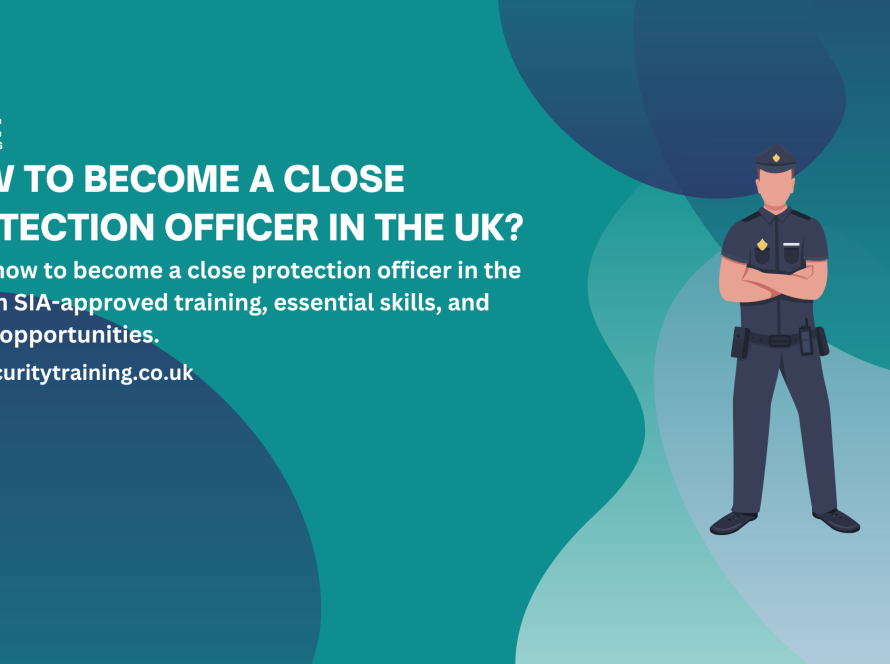In the realm of private security, the lines between training as a door supervisor or a security guard may appear blurred at first glance. The intricacies of these roles, their shared threads, and unique nuances can perplex even the keenest observers. As you delve into the following exposition, an expansive panorama awaits, one that not only unravels the enigmatic differences between door supervisors and security guards but also quenches your curiosity about other commonly asked questions in this domain. To fully grasp the distinctions, we must first journey through the corridors of similarity. Both door supervisors and security guards find their legitimacy under the aegis of the Security Industry Authority (SIA), nestling within the secretive world of private security.
Seemingly similar, yet fundamentally distinct, the security guard and the door supervisor each command their own stage.
The vigilant guardians known as security guards assume their mantle by surveilling and patrolling designated domains—malls, office towers, and public spaces. Their mission: to thwart theft, avert damage, and cultivate an aura of safety and sanctity. They stand armed with the tools of surveillance, the mastery of alarm systems, and the readiness to quell crises from accidents to infernos, and even the lurking shadows of criminality.
Meanwhile, the door supervisors, akin to modern sentinels, are entrusted with the delicate art of maintaining equilibrium in places where the abodes of revelry, pubs and nightclubs. At the precipice of these sanctuaries, they stand as the first bastion of interaction. They check IDs, assure people behave well together, and control who goes in and out skillfully.
In the theatre of pubs, bars, and nightclubs, they command a symphony, orchestrating entry and ensuring the safety of the merrymakers within. Prepare yourself to journey further, where clarity emerges from the shadows, distinctions crystallise, and the realm of private security transforms into a tableau of purpose and direction.
Security guard duties and responsibilities
A security guard is someone who protects property, assets, or people. Their role is more broad-based and ensures the safety and security of the premises. Some of the core responsibilities of the role consists of:
- Monitoring and Surveillance: Security guards have the task of watching over and overseeing their assigned areas to prevent theft, vandalism, and unauthorised entry. They utilise surveillance equipment and remain vigilant.
- Resolving Conflicts: In situations of conflict, security guards may need to de-escalate tensions using conflict management techniques and, if necessary, liaise with law enforcement.
- Providing Customer Service: In specific roles, security guards also offer assistance, directions, and information to visitors and employees, serving as a form of customer support.
- Monitoring Alarm Systems: An essential aspect of their role involves watching and responding to alarms, such as intrusion or fire alerts.
- Patrolling: Regularly traversing the premises is a primary duty, ensuring all areas are safe and discouraging potential security breaches.
- Control of Access: Security guards are in charge of managing entry and exit points, confirming identities, validating credentials, and permitting only authorised individuals to enter.
- Responding to Emergencies: They are trained to promptly and appropriately address emergencies such as fires, accidents, medical incidents, and security breaches.
- Documentation: Security guards maintain comprehensive records of activities, incidents, and observations during their shifts, offering accurate and timely reports to supervisors.
Door Supervisor duties and responsibilities
A door supervisor is responsible for upholding security and safety at a particular location or event. This role is more focused and specific, often filled through security companies or direct communication with venue owners. The main duties linked to this role encompass:
- Managing Crowds: Door supervisors are accountable for maintaining orderly entry and exit of patrons in licensed venues, avoiding overcrowding, and ensuring a safe environment.
- Emergency Management: In cases of emergencies or incidents, door supervisors take a leading role in managing the situation and cooperating with law enforcement if required.
- Effective Communication: Proficient communication skills are crucial for conveying information to staff, patrons, and authorities during various scenarios.
- Basic First Aid: Door supervisors often possess fundamental first aid skills to provide initial assistance until professional medical help arrives.
- Verification of Identification: They authenticate the identities of individuals entering the premises to ensure age and legitimacy, especially in places where alcohol is served.
- Intervening in Conflicts: Door supervisors are trained to handle conflicts and disruptions, intervening as needed to prevent escalation and guarantee the safety of patrons and staff.
- Security Checks: Ensuring the absence of prohibited items like weapons or illicit substances is vital for upholding a secure environment.
- Preserving Order: They oversee patrons’ behaviour, ensuring everyone adheres to the venue’s rules and regulations.
It’s worth noting that the precise duties and responsibilities of security guards and door supervisors can differ based on factors like the establishment’s type, location, and the employer’s requirements. Both roles, however, play pivotal parts in ensuring safety and security across various settings.
Becoming a Security Guard: The Process:
1. Meet the Minimum Criteria
To be eligible, you must be a minimum of 18 years old, possess legal authorization to work in the UK, exhibit fluent English language proficiency, and it is beneficial to have a strong understanding of laws and regulations pertinent to security operations.
2. Complete an SIA-Approved Training Course
As stipulated by the Security Industry Authority (SIA), prospective security guards are required to finish an authorised training course. This program typically extends over three to five days and encompasses various subjects such as security protocols, initial aid, fire safety, conflict resolution, and effective communication capabilities. This training equips you with essential expertise and proficiencies to fulfil your duties proficiently and with a high level of professionalism. Critical subjects covered include:
- Your obligations and responsibilities as a security guard encompass your legal jurisdiction.
- Appropriate application of force.
- Adherence to ethical and professional benchmarks.
3. Apply for an SIA License
Following the successful completion of the training, the next step involves applying for an SIA licence, a compulsory credential confirming your acquisition of necessary skills and training for the security guard position. Acquiring the licence involves engaging in an online application process, remitting a fee, furnishing identity verification, and undergoing a criminal background assessment. The SIA assesses your application and grants the licence upon meeting the specified criteria.
4. Search for Employment
Once you possess your SIA licence, you can begin your search for a security guard job. You can explore job openings on employment websites or directly approach security firms. Networking within the industry or receiving recommendations can also lead you to potential job opportunities. Read the frequently asked security guard job questions here!
5. Tailor Your Job Applications
During the application process for roles, tailor your submission to align with the distinct prerequisites of the position. Emphasise your pertinent abilities and any relevant background. Furthermore, illustrate your dedication to ongoing professional development and your unwavering adherence to elevated ethical and professional benchmarks.
Becoming a Door Supervisor – The Process:
1. Attain Minimum Requirements
To become a door supervisor, certain conditions must be met. These encompass being at least 18 years old, possessing legal authorization to work in the country, and having fluency in English. Strong communication, interpersonal abilities, and the capacity to handle challenging situations with professionalism enhance your prospects in this field.
2. Finish an SIA-Accredited Training Course
Enrolling in an SIA-approved training program is obligatory for those aspiring to work as door supervisors. Typically spanning four days, this course covers a range of subjects including the role of a door supervisor, conflict resolution, physical intervention techniques, drug awareness, and first aid. This training imparts essential knowledge and skills for efficient and safe task execution. Additionally, you’ll receive training in your legal authorities and responsibilities as a door supervisor, encompassing the proper use of force, self-defence, and the significance of maintaining ethical and professional standards.
3. Apply for an SIA License
Following the completion of the SIA-approved training, you can seek an SIA licence to operate as a door supervisor. This licence is obligatory and serves as evidence of your acquired training and skills. The application process entails completing an online form and paying a fee. You’ll also need to provide identity verification and undergo a criminal record check. Once submitted, your application undergoes evaluation by the SIA to ascertain your eligibility for the licence.
4. Get Practical Experience
Before commencing your role as a door supervisor, practical experience may be necessary. Many employers prefer candidates with prior experience in the security sector, as it demonstrates competence in job performance and professionalism. Gaining experience can be achieved by working as a security guard or in related roles such as event security or retail security. Volunteering or internships within the security industry could also present opportunities. Study the frequently asked door supervisor interview questions here!
5. Seek Employment
Upon securing your SIA licence and amassing practical experience, your quest for a door supervisor position can begin. Suitable job prospects can be found through online job portals or direct contact with security firms. Leveraging your professional network or seeking referrals from colleagues in the industry can also be advantageous. When applying for roles, tailor your application to meet specific job requirements. Emphasising pertinent skills and experience is pivotal, while showcasing your dedication to professional growth and ethical principles holds value.
The primary distinction lies in the nature of responsibility
An SIA door supervisor is a legally mandated requirement for any manned guarding duties about licensed premises, which include establishments accessible to the public for alcohol consumption or regulated on-site entertainment. However, not all manned guarding tasks fall within a door supervisor’s role. For instance, specialised licences are imperative for close protection, protecting cash and valuables during transportation, and public space CCTV surveillance. Furthermore, there exists the conventional security guard role. A comprehensive Security licence is obligatory for manned guarding tasks that do not align with any specialised licences.
What training courses are available for Security Guards & Door Supervisors?
As a result, the courses differ between the standard security guards’ training and the door supervisor.
SIA Security Guard Course
This five-day SIA security guard course is necessary for individuals who wish to work as security guards/officers in the UK’s private security industry. Security guards keep both the public and premises safe while preventing any theft. Moreover, as a security guard, you can work at security companies, banks, museums, hospitals, office buildings, clubs, stores, and other licensed venues.
SIA Door Supervisor Course
This seven-day SIA door supervisor course is necessary for individuals who aim to work as door supervisors in the UK’s private security industry. Moreover, as a door supervisor, you can work at security companies, hotels, pubs, clubs, and other licensed venues.
Curious About Security Roles? Explore Frequently Asked Questions
Is a door supervisor position ranked higher than that of a security guard?
No, they hold distinct licences; both roles have their specific responsibilities and duties within the field of security. However, a door supervisor licence provides access to a broader range of sectors.
Can I upgrade from a standard security guard licence to a door supervisor licence?
Regrettably, such an upgrade is not feasible; acquiring a new licence requires comprehensive training from the beginning.
After completing security training, how can you obtain your SIA License?
Upon obtaining your course completion certificates, you can apply for your SIA licence conveniently through the SIA website.
What distinguishes modern-day Security Guards from their traditional counterparts?
Traditional security guards existed before the introduction of SIA licensing in 2004. This meant individuals could assume roles as door supervisors and security guards without requisite training or vetting. The primary contrast between old and modern security guards lies here. Modern security guards undergo specialised training and thorough vetting to ensure their ability to provide security services up to established standards.
Are Door Supervisors authorised to use force?
SIA-certified Door Supervisors receive training in physical intervention and can utilise techniques taught in their SIA course only as a last resort. Instances warranting a ‘last resort’ approach include, when it is necessary to prevent harm, when other options have proven ineffective or are expected to fail, and when withdrawal is not a viable or appropriate choice. If these conditions are not met, Door Supervisors should avoid using force without valid justification, as disregarding this guidance may lead to repercussions for them.
Which role should you pursue: security guard or door supervisor?
Choosing the appropriate role depends on your skills, personality traits, and career aspirations. If you lean towards a broader security position involving tasks like patrolling and overseeing properties, a security guard role might align better with your preferences. On the other hand, if you thrive in dynamic settings, enjoy crowd management, and are adept at handling challenging scenarios, a door supervisor role may be a more suitable option. Both positions demand a composed demeanour, strong communication abilities, and adeptness in managing difficult circumstances. Physical fitness and a readiness for extended work hours, spanning evenings, weekends, and holidays, are also prerequisites. Ultimately, obtaining an SIA licence through dedicated study is a crucial requirement for either role.
Empower Your Security Career with Agile Security Training!
oor Supervisors work at a site sanctioned by local authorities, such as bars, clubs, pubs, and entertainment locales. Their responsibility revolves around ensuring the well-being of visitors, customers, and personnel. They actively identify and halt unlawful or inappropriate activities to ensure smooth operations.
Conversely, Security Guards lack the authorization to operate in alcohol-serving venues, limiting their scope to non-licensed environments like corporate and retail centres.
Agile Security Training offers SIA-licensed connected certifications and training programs to those aspiring to join the UK’s private security sector as Door Supervisors, Security Guards, and CCTV Operators.
Enroll with Agile Security Training to commence your venture in the security field!




2 Comments